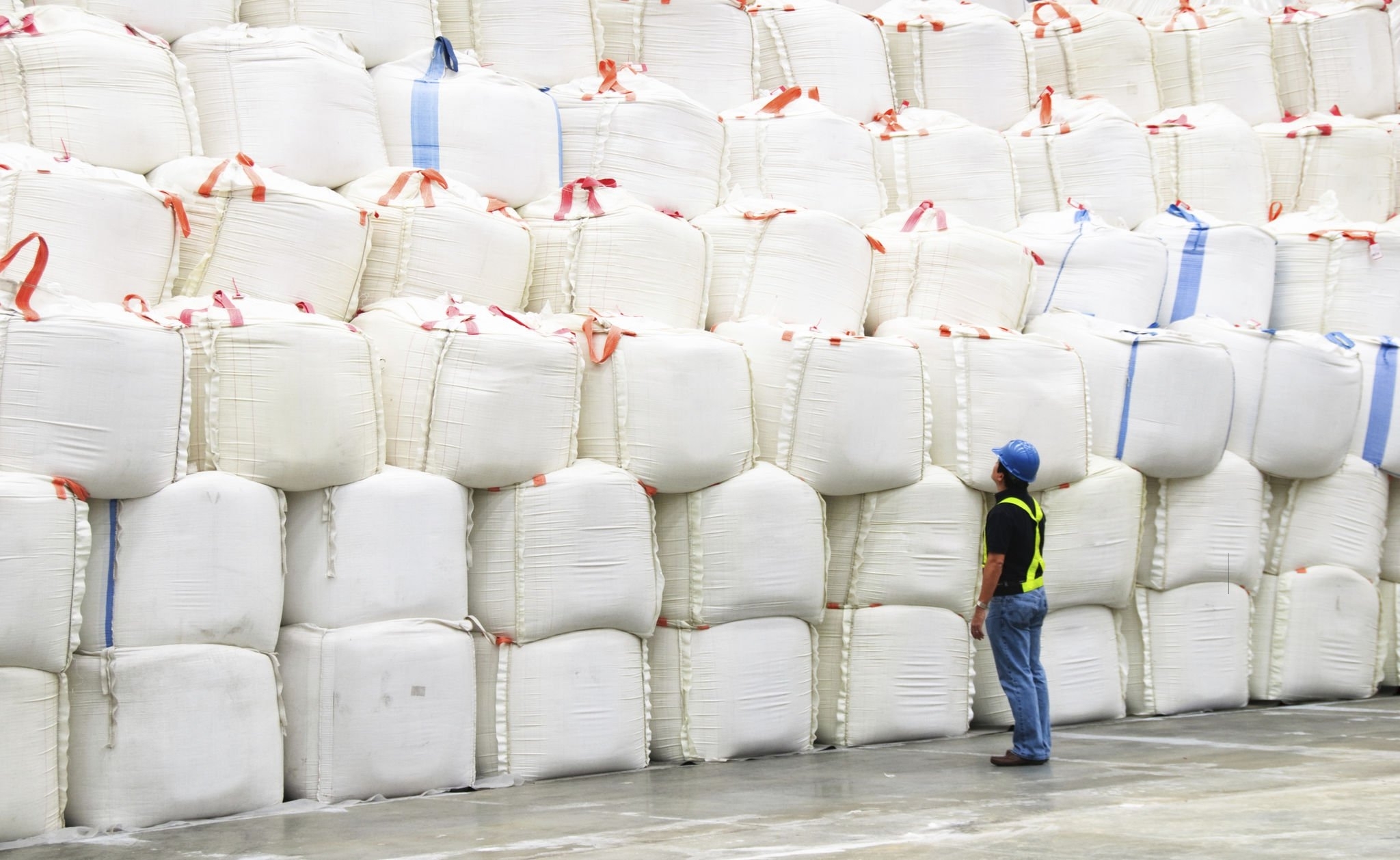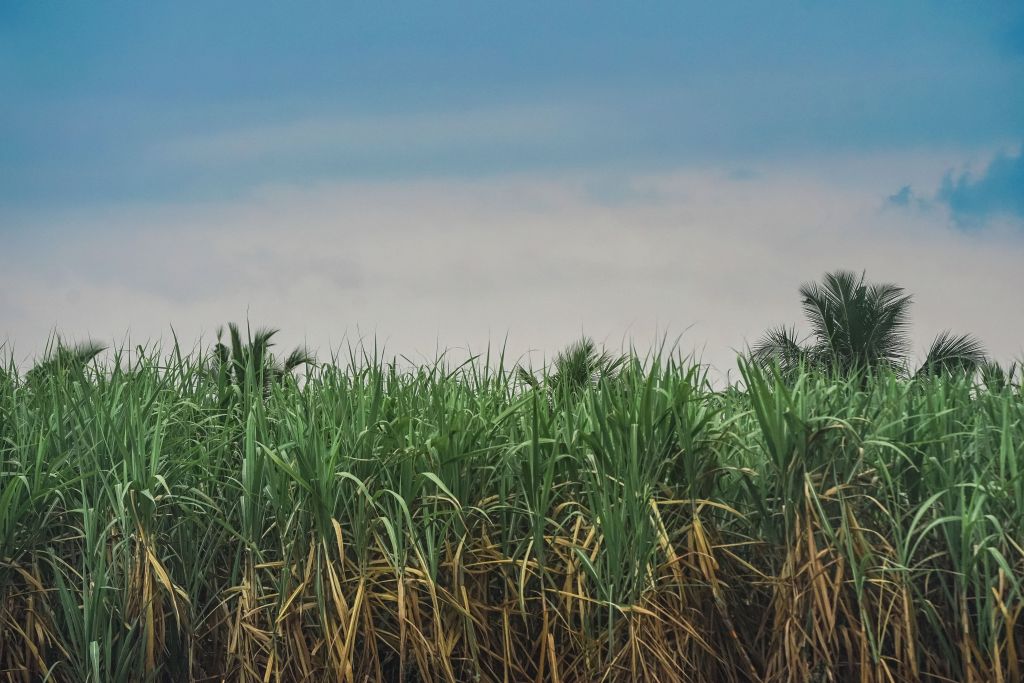20 Fascinating Facts About Brazilian Sugar Import/Export You Didn’t Know
Brazil is renowned for its vibrant culture, breathtaking landscapes, and of course, its rich agricultural heritage. When it comes to sugar, Brazil holds a prominent position as one of the largest producers and exporters in the world. In this article, we delve into the intricate world of Brazilian sugar import and export, uncovering some lesser-known facts that will surely pique your interest.
1: Brazil Dominates Global Sugar Production
Brazil has long been a powerhouse when it comes to sugar production. It is the world’s largest producer, accounting for approximately 25% of global sugar production. The favorable climate, fertile soil, and advanced agricultural practices have contributed to Brazil’s impressive output, making it a key player in the international sugar market.
2: Brazil is the Largest Sugar Exporter
Not only does Brazil lead in sugar production, but it also dominates the export market. It consistently holds the title of the largest sugar exporter, accounting for around 45% of the global sugar exports. Its extensive network of ports, efficient logistics system, and competitive pricing strategies have positioned Brazil as a major player in the international sugar trade.
3: Main Destinations for Brazilian Sugar
Brazilian sugar finds its way to various corners of the world. The main destinations for Brazilian sugar exports include China, the United States, India, Indonesia, and the European Union. These countries have a high demand for sugar and rely on Brazil’s top-quality products to meet their needs.
4: Sugar Imports in Brazil
Despite being a major producer and exporter of sugar, Brazil also imports sugar to meet its domestic demand. The primary reason behind this is the difference in sugar consumption patterns. Brazil produces mainly raw sugar for export, while its domestic market prefers refined sugar. As a result, Brazil imports refined sugar from countries like Thailand, India, and Guatemala to cater to its internal market requirements.
5: Brazil’s Impact on Global Sugar Prices
Given Brazil’s significant role in sugar production and export, any fluctuations in its output or policies can have a significant impact on global sugar prices. For instance, weather-related issues in Brazil, such as drought or excessive rainfall, can disrupt the sugar supply chain and lead to price volatility in the international market. Traders and investors closely monitor Brazil’s sugar industry to gauge market trends and make informed decisions.
6: Ethanol Production from Sugar
Brazil is not only a major player in the sugar industry but also a global leader in ethanol production. Sugarcane, the primary raw material for sugar, is also used to produce ethanol, which is used as a biofuel. Brazil utilizes a significant portion of its sugarcane for ethanol production, thereby reducing its dependence on fossil fuels and promoting sustainable energy practices.
7: Technological Advancements in Brazilian Sugar Production
To maintain its position as a global sugar leader, Brazil invests heavily in research and development, leading to technological advancements in sugar production. Innovations such as precision agriculture, improved irrigation techniques, and genetic engineering have significantly boosted yields and streamlined the production process. These advancements ensure the efficiency and sustainability of Brazil’s sugar industry.
8: Environmental Concerns and Sustainability Efforts
As the world becomes increasingly aware of environmental issues, sustainability has become a key focus in various industries, including sugar production. Brazil acknowledges the importance of sustainable practices and has implemented measures to protect the environment and preserve its natural resources. These efforts include reforestation programs, water conservation initiatives, and the use of renewable energy sources in sugar mills.
9: Job Creation and Economic Impact
The sugar industry plays a crucial role in Brazil’s economy, providing employment opportunities and contributing significantly to the country’s GDP. From sugarcane cultivation to the manufacturing and exporting of sugar, this industry supports millions of jobs and generates substantial revenue for the nation. Additionally, it drives economic development in rural areas, where sugar production is concentrated.
10: Future Challenges and Opportunities
While Brazil enjoys a dominant position in the global sugar market, it still faces challenges and opportunities in the future. Climate change, changing consumer preferences, and evolving trade policies are among the factors that could impact the industry. However, Brazil’s resilience, adaptability, and commitment to innovation position it favorably to navigate these challenges and capitalize on emerging opportunities in the dynamic world of sugar import and export.
11: Quality Standards and Certifications
Brazil places great emphasis on maintaining high-quality standards in its sugar production. The industry adheres to various certifications and quality control measures to ensure that the exported sugar meets international standards. Some of the certifications include ISO 9001 (Quality Management Systems) and Bonsucro (sustainability certification for sugarcane and sugar).
12: Role of Sugar Trade Associations
Brazilian sugar exporters are supported by trade associations that play a crucial role in promoting and safeguarding the interests of the industry. Organizations such as the Brazilian Sugarcane Industry Association (UNICA) and the Sugar Cane Industry Union (UNIDA) work closely with stakeholders to address challenges, provide resources, and advocate for favorable trade policies.
13: Impact of Currency Exchange Rates
Currency exchange rates also play a significant role in the sugar import/export business. Fluctuations in exchange rates can affect the competitiveness of Brazilian sugar in the global market. When the Brazilian real weakens against other currencies, it becomes more cost-effective for importers to purchase Brazilian sugar, boosting export opportunities.
14: Varied Forms of Sugar Exported
Brazil exports sugar in different forms to cater to diverse market demands. The most common types of sugar exported include raw sugar, refined sugar, and specialty sugars such as demerara sugar and muscovado sugar. By offering a wide range of sugar products, Brazil can meet the specific needs and preferences of different importing countries.
15: Sugar Ethanol Dual Production
One of the unique aspects of Brazil’s sugar industry is its ability to produce both sugar and ethanol simultaneously. This dual production system allows flexibility in response to market demands. During high sugar prices, more sugarcane is allocated to sugar production, while during high ethanol prices, the focus shifts towards ethanol production.
16: Sustainable Packaging Solutions
In addition to sustainable production practices, Brazil is also exploring innovative packaging solutions for sugar exports. The industry is actively researching and adopting eco-friendly packaging materials and designs to minimize waste and reduce the environmental impact of packaging.
17: Technological Advancements in Transportation
Efficient transportation is crucial in the import/export business, and Brazil continues to invest in technological advancements to streamline this process. Solutions such as container tracking systems, real-time data monitoring, and advanced logistics software help optimize shipping routes, improve delivery times, and reduce costs.
18: Sugar as a Commodity in Futures Trading
Sugar is one of the most actively traded commodities in the futures market. Brazil’s significant position in the global sugar market makes it a key player in futures trading. Traders, speculators, and hedgers utilize sugar futures contracts to manage price risks and speculate on future price movements.
19: Environmental Challenges and Solutions
The sugar industry, like any other agricultural sector, faces environmental challenges. Soil erosion, water pollution, and deforestation are among the concerns associated with sugar production. Brazil has implemented measures to address these challenges, including the use of precision farming techniques, soil conservation practices, and the promotion of sustainable land management.
20: The Future of Brazilian Sugar Import/Export
Looking ahead, the future of Brazilian sugar import/export holds both opportunities and challenges. The rising global demand for sugar, particularly in emerging markets, presents a growth potential for Brazil’s sugar industry. However, factors such as climate change, evolving consumer preferences, and trade policies will require adaptability and innovation to maintain Brazil’s competitive edge.
Frequently Asked Questions (FAQ)
Q1: How did Brazil become the largest sugar producer and exporter?**
Brazil’s favorable climate, fertile soil, advanced agricultural practices, and significant investments in research and development have contributed to its position as the largest sugar producer and exporter.
Q2: Which countries are the main importers of Brazilian sugar?**
China, the United States, India, Indonesia, and the European Union are the main importers of Brazilian sugar.
Q3: Why does Brazil import sugar despite being a major producer?**
Brazil imports sugar to meet its domestic demand because the domestic market prefers refined sugar, while Brazil mainly produces raw sugar for export.
Q4: How does Brazil’s sugar industry impact global sugar prices?**
Any fluctuations in Brazil’s sugar production or policies can impact global sugar prices due to Brazil’s significant role in the sugar market. Weather-related issues and disruptions in the sugar supply chain can cause price volatility.
Q5: What are some sustainability efforts in Brazil’s sugar industry?**
Brazil has implemented measures such as reforestation programs, water conservation initiatives, and the use of renewable energy sources in sugar mills to promote sustainability in the sugar industry.
I hope you found these facts about Brazilian sugar import/export fascinating and informative. The world of sugar trade is complex and ever-evolving, with Brazil at its forefront. As we continue to consume sugar in various forms, it’s essential to understand the intricate dynamics behind its production and export.
In conclusion, Brazilian sugar import/export is a complex and dynamic industry that plays a significant role in the global sugar market. From its dominant position as the largest sugar producer and exporter to its commitment to sustainability and technological advancements, Brazil continues to shape the landscape of the sugar trade. As consumers, it is essential to be aware of the intricacies behind the sugar we consume, supporting sustainable practices and understanding the impact of global trade on this vital commodity.






